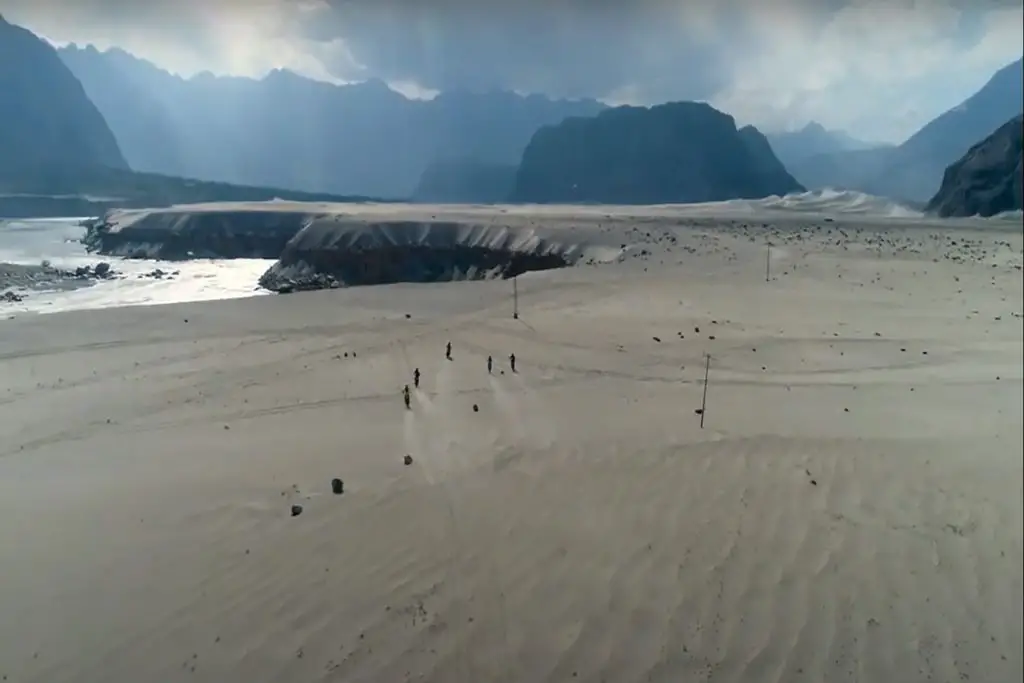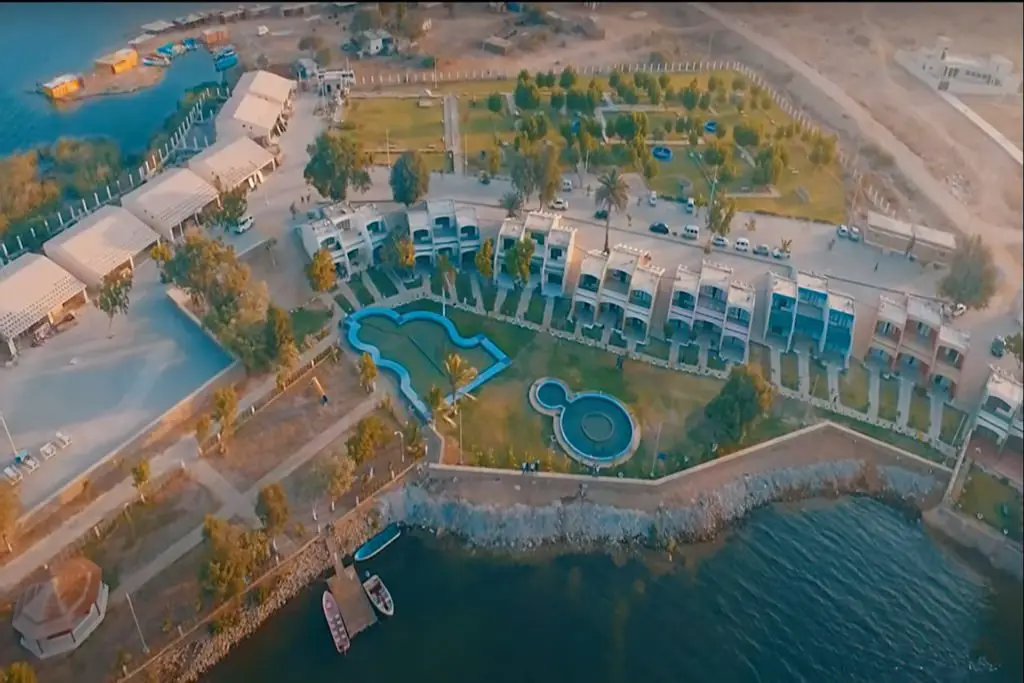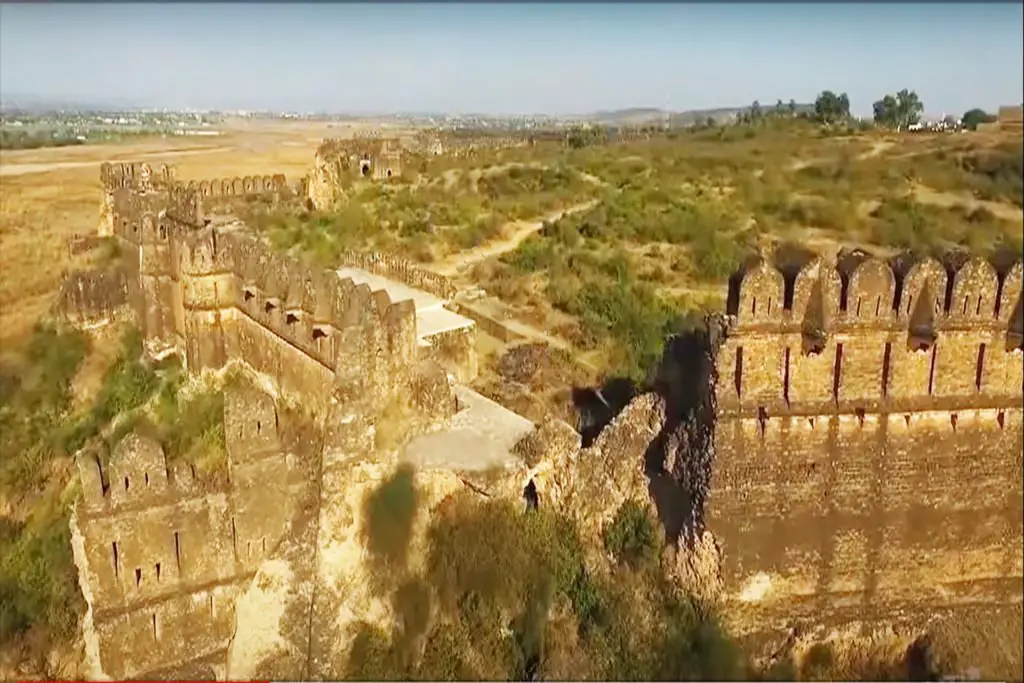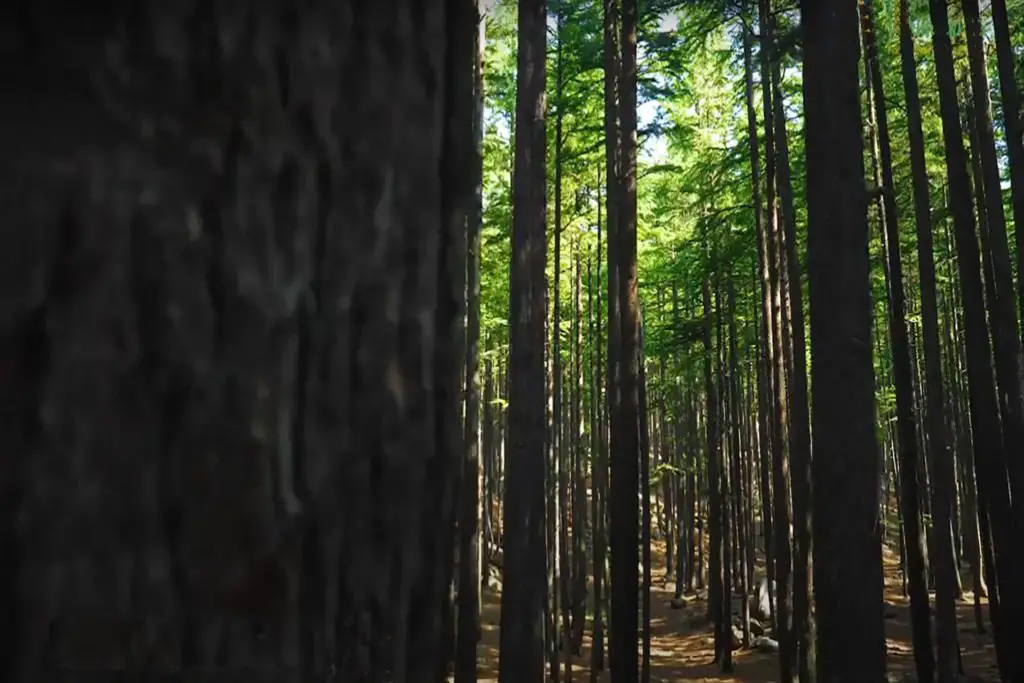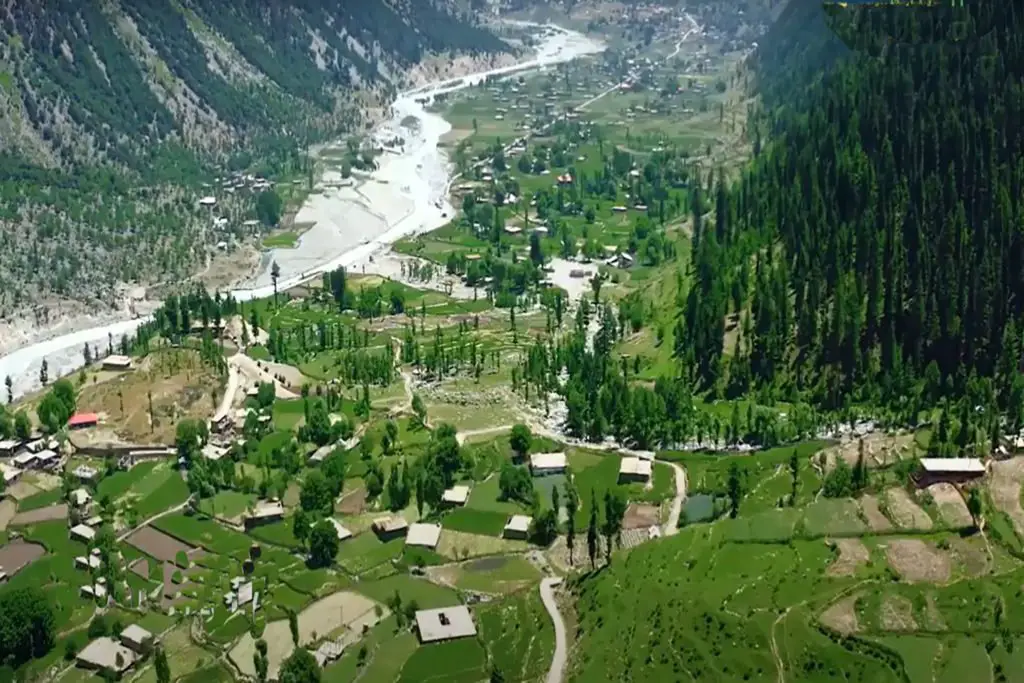Pakistan is often misunderstood in global media, but those who visit discover a golden thread of hospitality woven into its culture. The Urdu phrase “Mehman nawazi” (guest hospitality) isn’t just a custom—it’s a way of life.
As a traveler, I experienced acts of generosity so profound they reshaped my view of humanity. Here are real stories of Pakistani kindness that will inspire you to book a ticket.
1. “You’re Our Guest—No Payment Allowed!”
Where: A roadside dhaba near Multan
What Happened:
After a long bus ride, I stopped at a humble food stall for chai. When I tried to pay, the owner, Uncle Rahim, refused my money. “A guest is a blessing from God,” he said, before packing me a free lunch of daal and roti.
Why It Matters:
In rural Pakistan, refusing payment from travelers—especially foreigners—is common. It’s considered an honor to host guests.
2. The Motorcycle Rescue in Hunza
Where: Karimabad, Gilgit-Baltistan
What Happened:
I missed the last bus to my guesthouse as darkness fell. Within minutes, a passing shopkeeper, Ali, offered his motorcycle. Not only did he drive me 12 km uphill, but his family also insisted I stay for dinner—apricot chicken and stories under the stars.
Local Insight:
In northern villages, leaving a traveler stranded is unthinkable. Many families keep spare beds for unexpected guests.
3. The Wedding Invitation in Lahore
Where: Anarkali Bazaar
What Happened:
While shopping for spices, I joked with a shopkeeper about loving Pakistani weddings. Two hours later, I was wearing borrowed shalwar kameez, dancing at his niece’s marriage, and being fed biryani by a dozen aunties.
Cultural Note:
Wedding crashers are welcome in Pakistan. Locals often invite foreigners for the full “band, baaja, baraat” (music, feast, procession) experience.
4. The Border Town Guardian
Where: Wagah Border (India-Pakistan crossing)
What Happened:
After the flag-lowering ceremony, I realized my wallet was stolen in the crowd. A tea vendor, Sarfraz, noticed my panic, lent me money for a taxi, and called his cousin in Lahore to arrange a safe place for me to stay.
The Aftermath:
I tried to repay him next day. He smiled: “Help someone else when you can.”
5. The Overnight Train Family
Where: Karachi-to-Peshawar train
What Happened:
A family of seven shared their home-cooked meal (aloo gosht and roti) for my entire 24-hour journey. At 3 AM, the grandmother tucked a blanket around me, saying “Beta, so jaao” (Sleep, child).
Why It’s Normal:
On Pakistani trains, food is always communal. Strangers will press sweets and chai into your hands.
6. The Mountain Village Lifeline
Where: Shimshal Valley, Gojal
What Happened:
During a solo hike, I twisted my ankle. A shepherd, Wazir Khan, carried me on his back to his stone hut. His wife treated my injury with home-made herbal paste, and they hosted me for three days—no questions asked.
Himalayan Code:
In remote northern valleys, helping travelers is as natural as breathing. Many families refuse any form of payment.
The Science Behind Pakistani Hospitality
Why Are Pakistanis So Generous?
- Islamic Teachings: The Prophet Muhammad emphasized kindness to travelers.
- Tribal Traditions: Pashtun “Nanawatai” (sanctuary) obliges helping those in need.
- Pride in Culture: Pakistanis want to counter negative stereotypes through actions.
How to Reciprocate Respectfully
While you can’t repay such kindness monetarily, you can:
- Accept graciously (refusing food/tea can offend).
- Bring small gifts (foreign chocolates or postcards are cherished).
- Share your culture (photos of your hometown, music playlists).
- Pay it forward (help other travelers as you were helped).
Final Thought: More Than a Travel Destination
Pakistan isn’t just about mountains and monuments—it’s about the people who’ll rearrange their lives for you. In a world where strangers are often met with suspicion, this country reminds us that trust and generosity still exist.
Have you experienced Pakistani hospitality? Share your story below!
Planning a trip? Go with an open heart—you’ll leave with a second family. ❤️🇵🇰
(P.S. The names in these stories were changed for privacy, but the acts of kindness are 100% real.)

